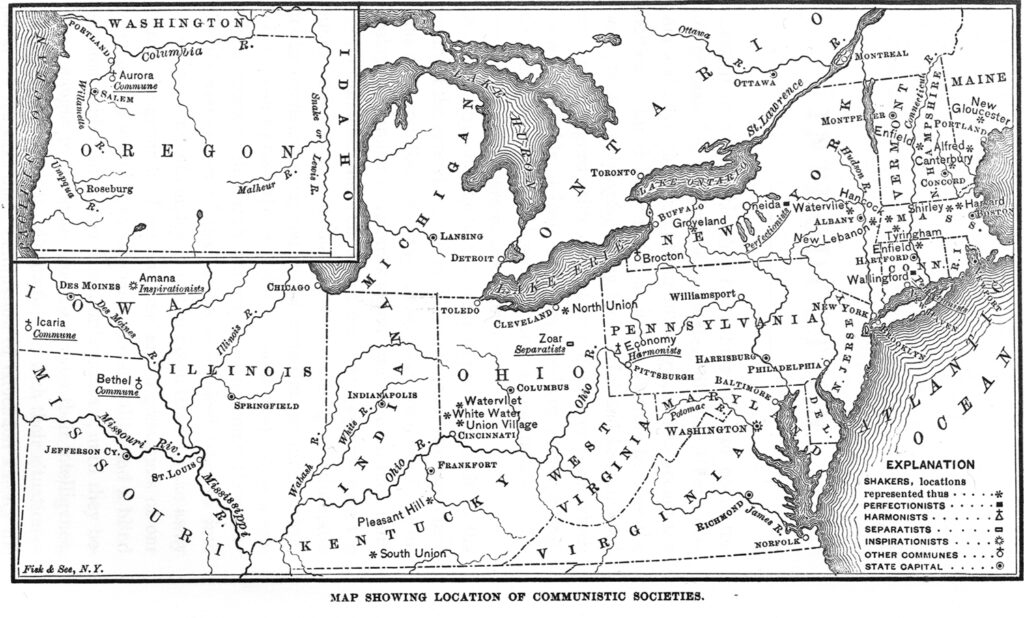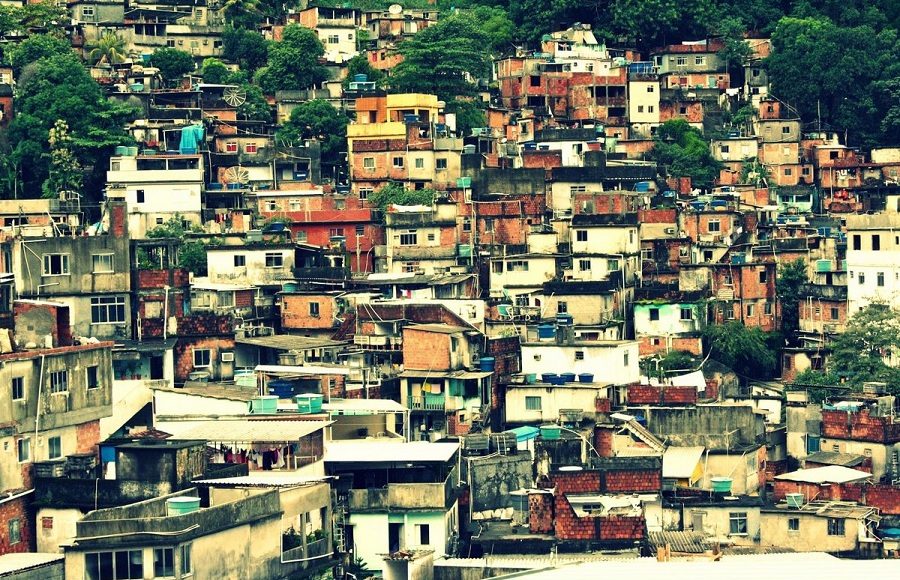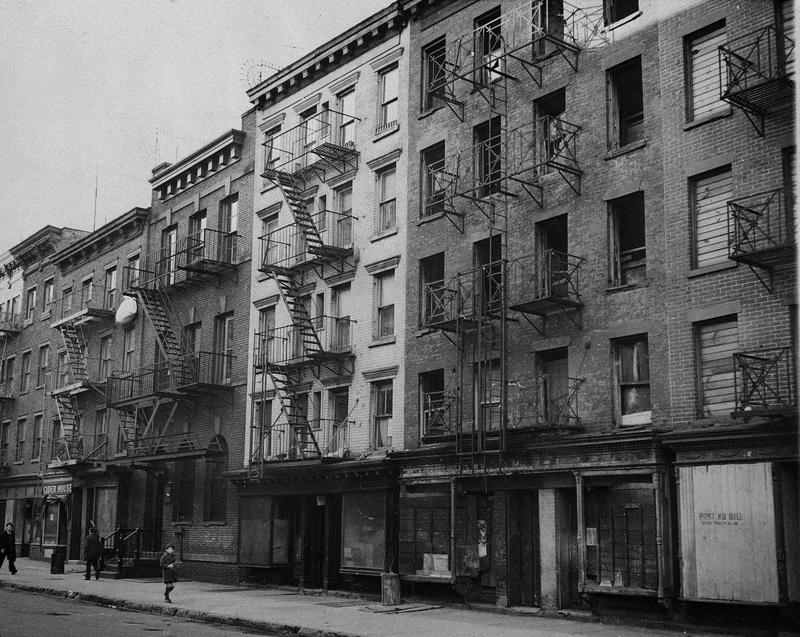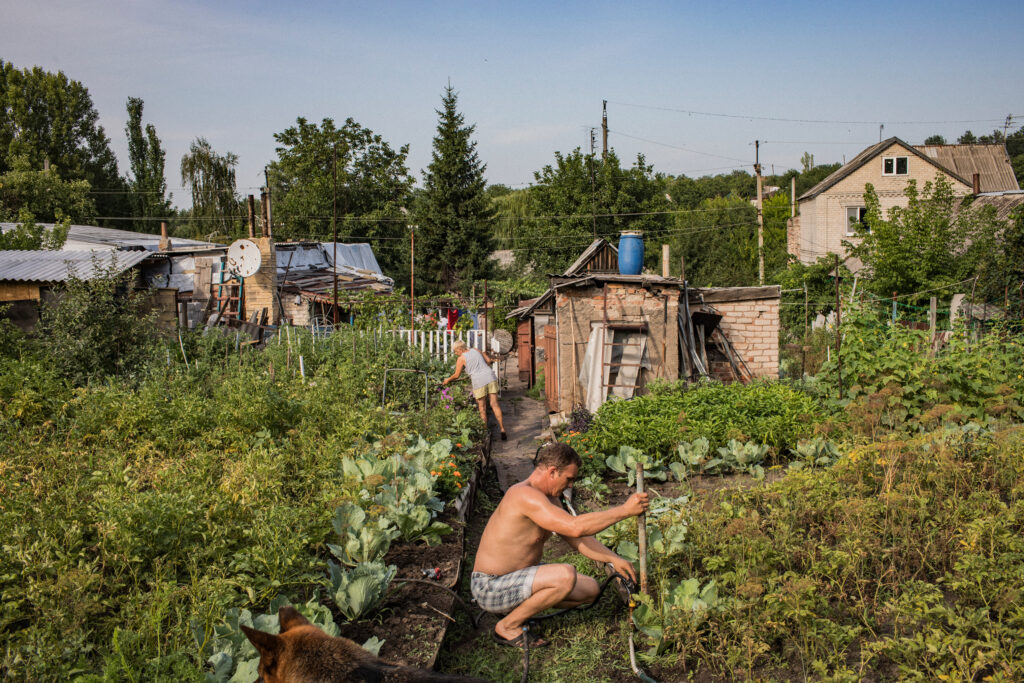The article is: Pablo Gilabert and Martin O’Neill,
“Socialism,” Stanford Encyclopedia of Philosophy, 2019.
This article is an example of how scholarship obfuscates the subject matter.
The subject of the article is “socialism.” After pointing out that the word is ambiguous and vague, there should be an attempt at a prescriptive definition, which they do give. They begin correctly with the statement: “Socialism is best defined in contrast with capitalism, as socialism has arisen both as a critical challenge to capitalism, and as a proposal for overcoming and replacing it.”
So, if socialism contrasts with capitalism, then the problem is to give a definition of capitalism, which they also give by listing, what they call, “constitutive features.”
“(i) The bulk of the means of production is privately owned and controlled.
(ii) People legally own their labor power. (Here capitalism differs from slavery and feudalism, under which systems some individuals are entitled to control, whether completely or partially, the labor power of others).
(iii) Markets are the main mechanism allocating inputs and outputs of production and determining how societies’ productive surplus is used, including whether and how it is consumed or invested.
An additional feature that is typically present wherever (i)–(iii) hold, is that:
(iv) There is a class division between capitalists and workers, involving specific relations (e.g., whether of bargaining, conflict, or subordination) between those classes, and shaping the labor market, the firm, and the broader political process.”
Although these points do describe features of capitalism, I would not call them all “constitutive.” A necessary condition for capitalism is the presence of, what Marx called, “free laborers” or “proletarians.” This is why Bernard Shaw wrote: “To begin with, the word Capitalism is misleading. The proper name of our system is Proletarianism.” Bernard Shaw, The Intelligent Woman’s Guide to Socialism, Capitalism, Sovietism and Fascism, 1928
It is (i) and (ii) which — properly formulated — is a necessary and sufficient condition for capitalism. However, as they have formulated it, it is misleading. The formulation has two phrases which are not accurate. The first is the word “bulk” meaning “most”, and the second phrase “means of production,” which comes from Karl Marx, and suggests something like “mass production.” The phrase “means of production” in Marx includes territory of land. But if we think of indigenous people (who are not capitalists), they use material found on the land for making tools, shelters, and they use the land for hunting, for fishing, and for gathering food for consumption, and they may also use the land for herding and cultivation — in short, for subsistence. It is misleading to talk here of “production.”
It is not that the “bulk” or “most” of the land (which is what we should be talking about) is privately owned; rather, all of it is controlled by the government — where there is a government — as a sellable commodity. For example, in the United States all land was owned by the government and originally sold for a minimum of $1 an acre.
Capitalism is best described as a political system which bars people from a free access to subsistence land; thus creating proletarians.
And then, socialism, as an antithesis to capitalism, is a political system which grants everyone a right of free access to subsistence land, or something approximating this.








